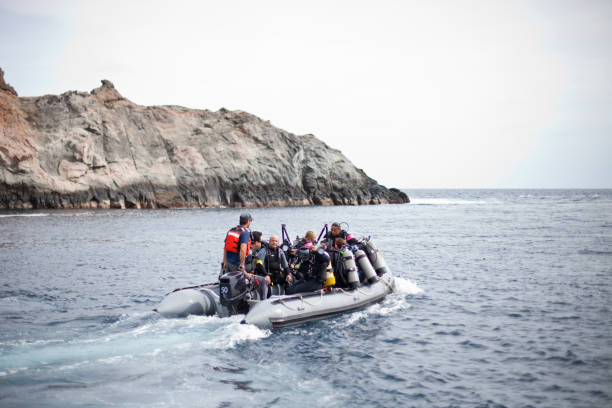By Faisal Maqsood
In December 2024, Pakistani authorities unveiled a significant human trafficking operation that involved the illegal transportation of individuals from Pakistan to Greece. The Greece incident highlights the escalating issue of illegal migration from Pakistan to Europe, particularly to Greece, where many refugees seek entry into the European Union.
The primary hubs of this trafficking network were major Pakistani cities such as Lahore, Karachi, and Rawalpindi,Gujranwala,Gujrat from where individuals were being sent to Greece. The network’s connections extended across Pakistan, Turkey, and Greece, utilizing both land and sea routes for transportation.
Traffickers lured vulnerable individuals from rural areas with false promises of a better life in Europe, job opportunities, and permanent residency. Victims were charged substantial sums ranging from $7,000 to $12,000, often taking loans or selling their properties to pay this amount.The journey was perilous, forcing victims to travel in overcrowded boats, endure long land journeys, and utilize unsafe methods of transport.
Many reported shortages of food, water, or medical assistance along the way. Tragically, several migrants drowned in the Atlantic Ocean or perished due to severe exhaustion and abuse.In response, Greek authorities, in collaboration with Pakistan’s law enforcement agencies, launched an investigation into this trafficking network, leading to multiple arrests.
This incident has ignited a new debate in Pakistan regarding illegal migration and human trafficking, putting pressure on both Pakistan and Greece to implement stringent measures. Pakistan condemned the incident and pledged to take strong action against the trafficking networks, increasing cooperation with Interpol and the European Union.Furthermore, Pakistan initiated public awareness campaigns to educate citizens about the dangers associated with illegal immigration and human trafficking.
The events of December 2024 indicate that individuals seeking a better life face serious risks when attempting to reach Europe through illegal means. This highlights the urgent need for more legal measures, enhanced border security, and international cooperation to combat illegal migration.Human trafficking is an illegal activity involving the buying and selling of human beings for forced labor, sexual exploitation, or other forms of modern slavery. This crime violates fundamental human rights and deprives individuals of their dignity and freedom. Traffickers typically exploit vulnerable populations, including women and children, resulting in devastating impacts on victims and their families.In South Asia, particularly in Pakistan, human trafficking has become a serious issue.
According to the United Nations Office on Drugs and Crime (UNODC), this region has one of the highest trafficking rates globally, with thousands of individuals trafficked every year. Victims often suffer severe physical and psychological harm.Communities become destabilized when there is a shortage of citizens and an increase in organized crime.
Human trafficking undermines local economies, rendering affected individuals and their families impoverished. Human trafficking has persisted as a significant issue in Pakistan from 2000 to 2023. A study by the International Organization for Migration (IOM) reported over 6,000 trafficking cases between 2018 and 2020. These numbers represent only a fraction of the actual cases, as many go unreported due to fear, deceit, and lack of resources.
Reports indicate that around 20 children fall victim to human trafficking in Pakistan daily, many of whom become trapped in forced labor or sexual exploitation. Law enforcement agencies have made efforts against this issue, with thousands arrested; however, the conviction rate remains low, hovering around 20%. Consequently, even when victims are rescued, systemic issues, including corruption and lack of support services, hinder long-term solutions.
To address the human trafficking crisis effectively, a multi-faceted strategy is required, including law enforcement, governmental policy reforms, and community awareness initiatives. The Pakistani government must enhance existing laws to impose harsher penalties on traffickers and provide better protections for victims.
Targeted training for police and related agencies is crucial to better identify and investigate trafficking cases. Increasing community awareness about the risks of human trafficking can assist in recognizing potential victims.
Establishing specialized programs for victim rehabilitation is imperative, inclusive of psychological counseling, education, and job training. Given that human trafficking often spans multiple countries, regional cooperation among South Asian nations is essential.
Human trafficking should not merely be perceived as a law enforcement issue, but rather as a humanitarian crisis necessitating collective action. Communities, governments, and international organizations must work together to create an environment where human trafficking is not tolerated.
By understanding the severity of this issue and actively working toward its resolution, we can protect vulnerable individuals at risk of exploitation. The struggle against human trafficking is a collective endeavor where every voice matters, and together we can make a difference.




